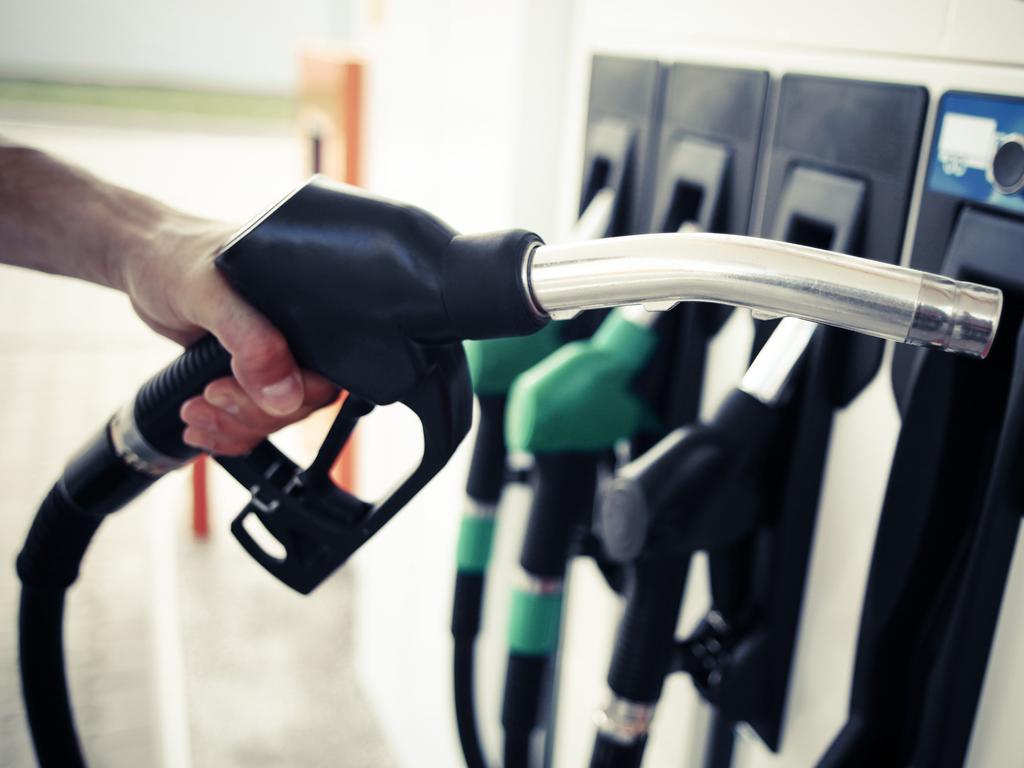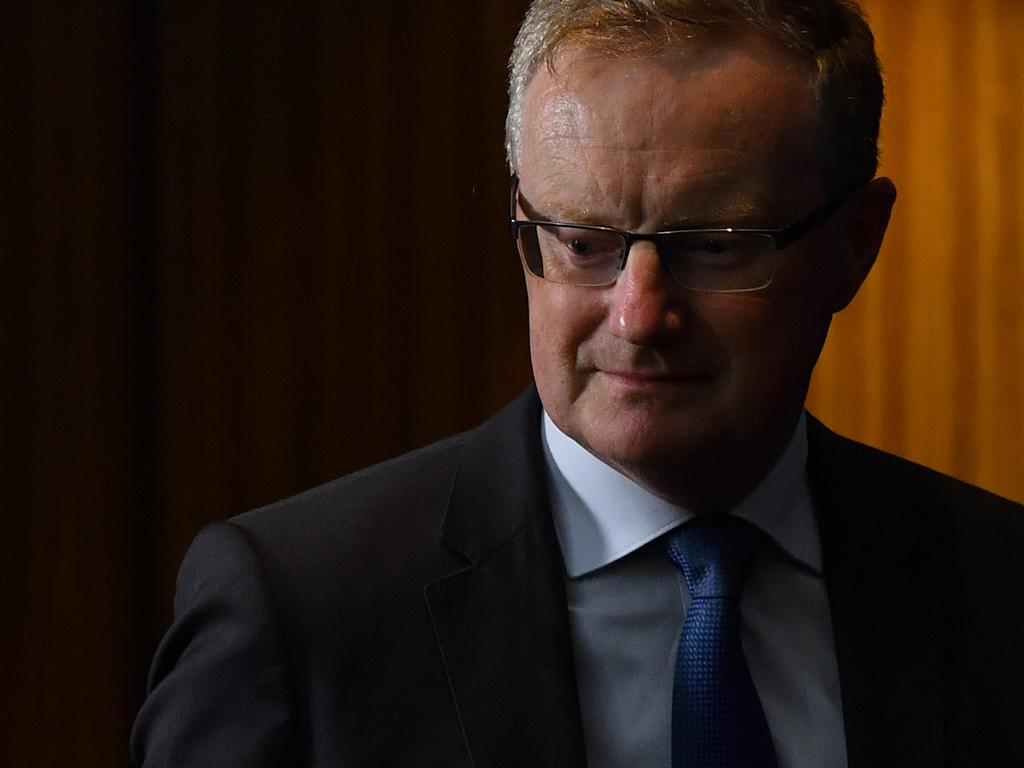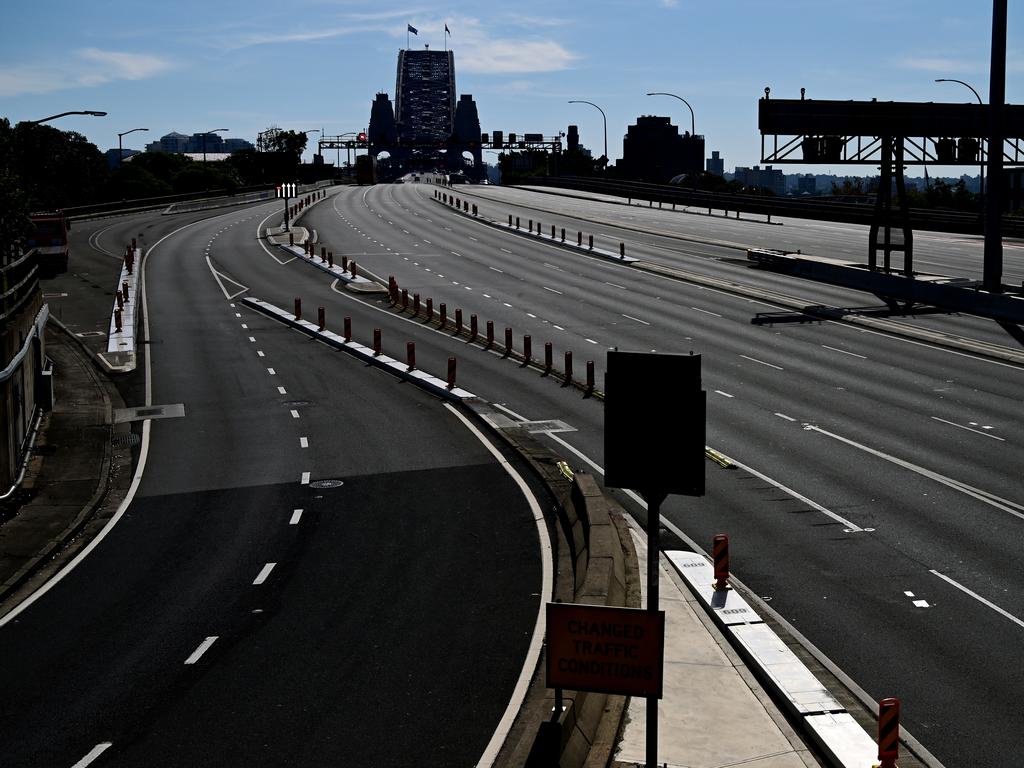Retail sales posted record surge as coronavirus shutdowns loomed
Hoarding of groceries such as toilet paper, rice and pasta drove the biggest ever monthly jump in retail spending in March.

Panic-buying of groceries and household products such as toilet paper, pasta, flour and handwash amid an escalating fear of the COVID-19 pandemic drove the biggest ever monthly jump in retail spending, ABS data has revealed.
An early estimate of retail turnover in March by the Australian Bureau of Statistics points to “unprecedented demand in the food retailing industry”, including a 22 per cent surge in spending at supermarkets. Total retail turnover surged by a record 8.2 per cent, or $2.2bn, to more than $30bn in March, the preliminary figures show. That beats the previous biggest increase in June 2000 as Australians rushed to the shops to beat the implementation of the GST the following month.
By comparison, turnover increased by just 0.5 per cent in February. In dollar terms, the growth in spending in March was equivalent to the previous 42 months combined, Citi chief economist Josh Williamson said.
“This is the strongest seasonally adjusted rise ever published in the retail trade publication,” the ABS report says. Sales of toilet paper, tissues, pasta, flour and rice in March doubled versus the previous month. And monthly turnover for canned food, medicinal products and cleaning goods increased by more than 50 per cent, as Australians prepared for a massive outbreak of coronavirus infections —– a fear that has so far proved unfounded.
Retailers selling home office items such as computer equipment and furniture, also recorded strong sales in March, according to the ABS report, as employees around the country prepared to work from home.
However, economists warned the extraordinary spike in shopping was likely to be temporary.
ANZ economist Adelaide Timbrell said her bank’s more timely card-spending figures suggested “retail sales in April are likely to slump, as households finish stockpiling and focus on reserving spare cash instead of spare toilet paper”.
Citi’s Mr Williamson said he expected the biggest jump in spending in one month to flip to the largest ever decline in the next.
“There will be serious payback in April,” Mr Williamson said, as that would be “the first month where retail trade was fully covered by the closure or rapid scaling-down of non-essential businesses and social distancing”.
Other survey data also points to a much more cautious shopper. Westpac’s monthly consumer confidence gauge recorded its biggest ever slump in April, while new payroll figures from the ABS on Tuesday suggested hundreds of thousands of jobs may have been lost in the week to April 4.
Unsurprisingly, in March there were “strong falls” in sales in industries such as cafes, restaurants and takeaway food services, “which were impacted by new social-distancing regulations introduced in March”, the ABS says. Clothing, footwear and personal accessory retailing was also hurt.
As shelves emptied of essential grocery items, and major chains such as Woolworths and Coles instituted limits on the number of certain in-demand goods, Scott Morrison entreated all Australians to “just stop” hoarding.
The ABS report says last month’s hoarding peaked in mid-March, before then levelling off.
The early estimates of the past month’s turnover by the ABS is part of an effort to provide more timely information on the impact of the coronavirus.
The preliminary figures are based on returns covering 80 per cent of the retail sector, but are subject to revision once final estimates are released on May 6.








To join the conversation, please log in. Don't have an account? Register
Join the conversation, you are commenting as Logout